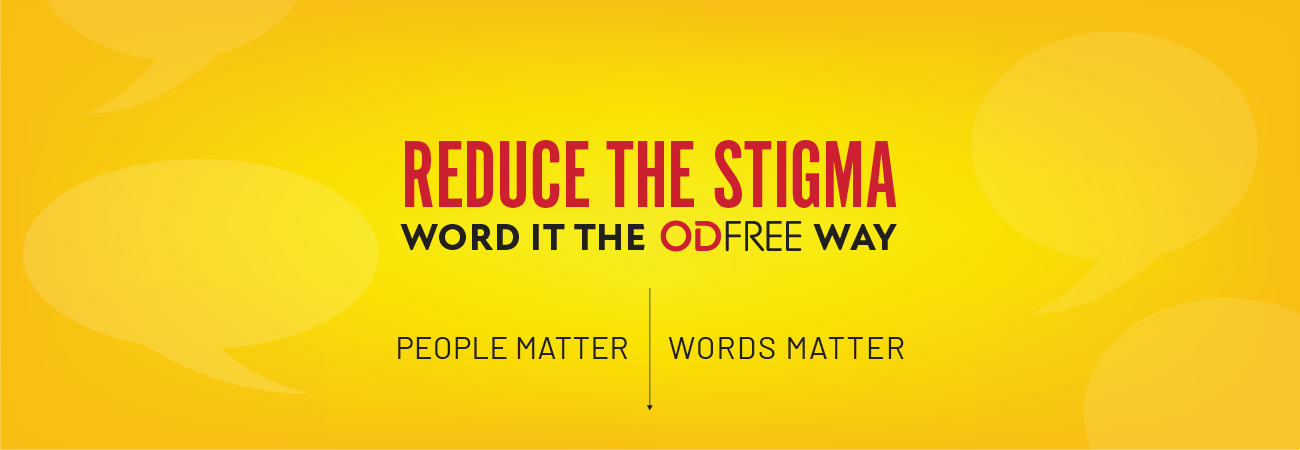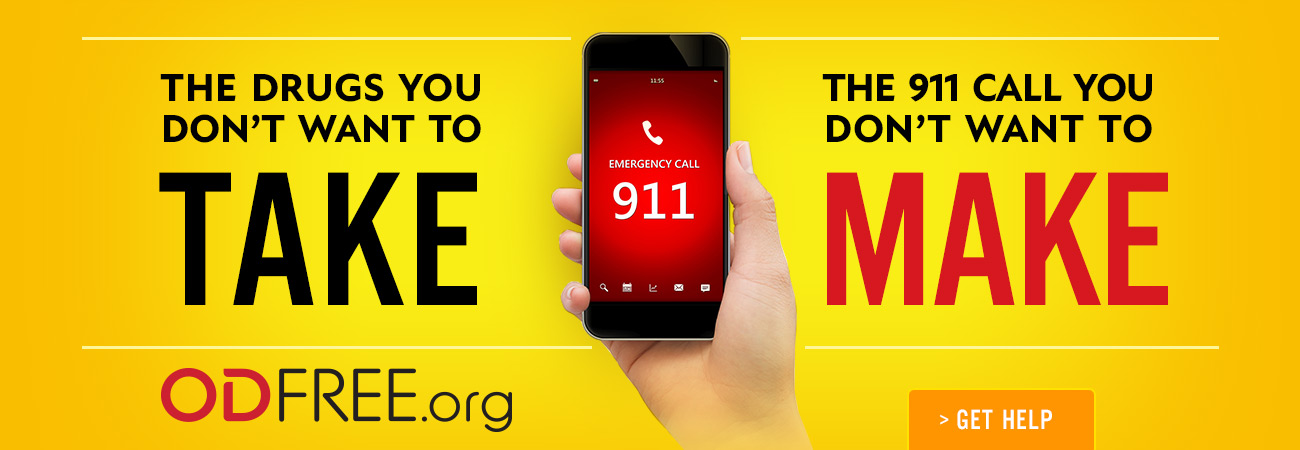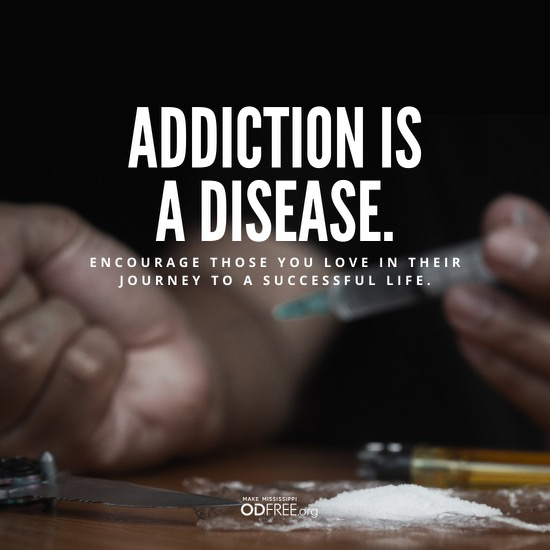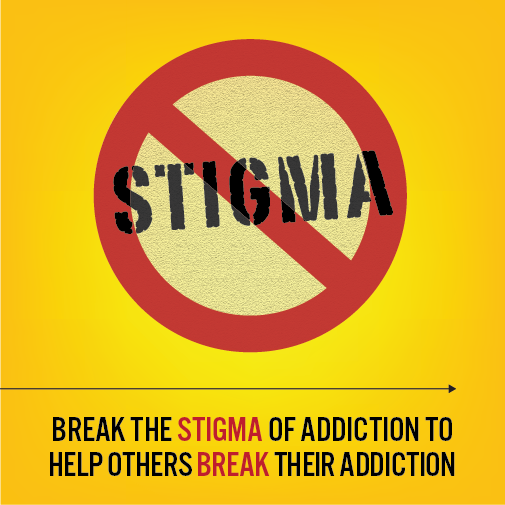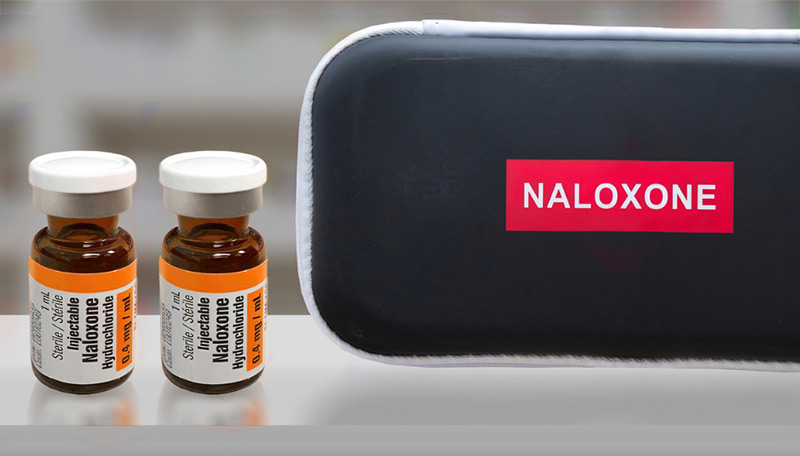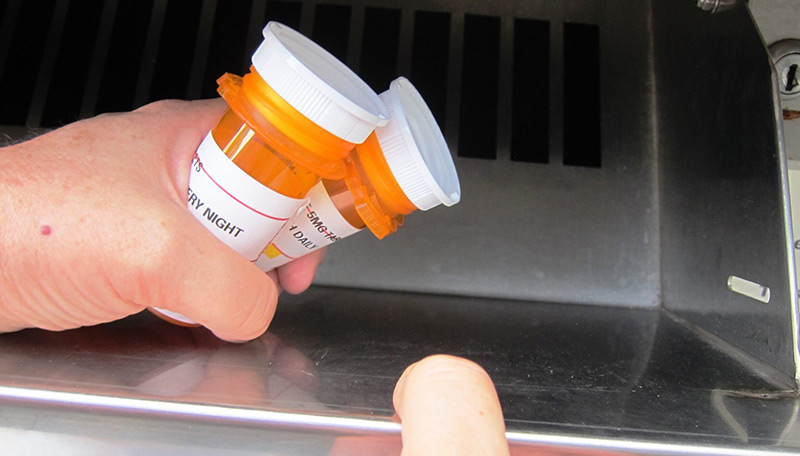Reduce the Stigma Associated with Addiction
Words have power. Some hurt. Others heal.
Some words can contribute to the pain a person is feeling, discouraging them from asking for help, and even denying help offered in good faith. However, caring, compassionate language can contribute to a person’s wellbeing, no matter their circumstances, and help someone struggling with substance use disorder or recovery find the strength and fortitude to carry on.
How to fight the stigma of substance use:
Use person-first language: A primary strategy for reducing stigma is to use person-first language when referring to someone who is struggling with substance abuse. This means placing the person before their addiction, such as saying “a person with a substance use disorder” instead of “an addict” or “a junkie.” This helps to humanize the person and avoid defining them solely by their addiction.
Focus on the disease, not the individual: It’s important to remember that substance use disorder is a disease and not a moral failing or personal weakness. When discussing substance abuse, try to focus on the disease itself and the factors that contribute to it, such as genetics, environment, and mental health. This can help reduce the stigma around addiction and encourage empathy and understanding.
Avoid judgmental language: Language that could be considered judgmental or shaming can contribute to stigma surrounding substance abuse. Avoid using words like “strung out,” “loser,” or “lost cause” to describe individuals with substance use disorders, and instead use language that is neutral and as non-judgmental as possible.
Challenge stereotypes: stigma often arises from stereotypes and misconceptions about addiction and those who struggle with it. Challenge these stereotypes by sharing stories of recovery and highlighting the incredible diversity of people affected by substance abuse. This can help to break down stigma and promote understanding and acceptance.
Educate yourself and others: Finally, educating yourself and others about substance abuse and addiction can help reduce stigma for everyone. Learn about the causes and effects of addiction, as well as the treatments and resources available for those struggling with substance use disorders. Share this knowledge with others to help reduce stigma and promote empathy and support for those affected by addiction. If you’ve read this text, you’re on the right track!
Explore this website to explore the data as well as strategies for avoiding drug abuse and overdose, including prevention and treatment.



